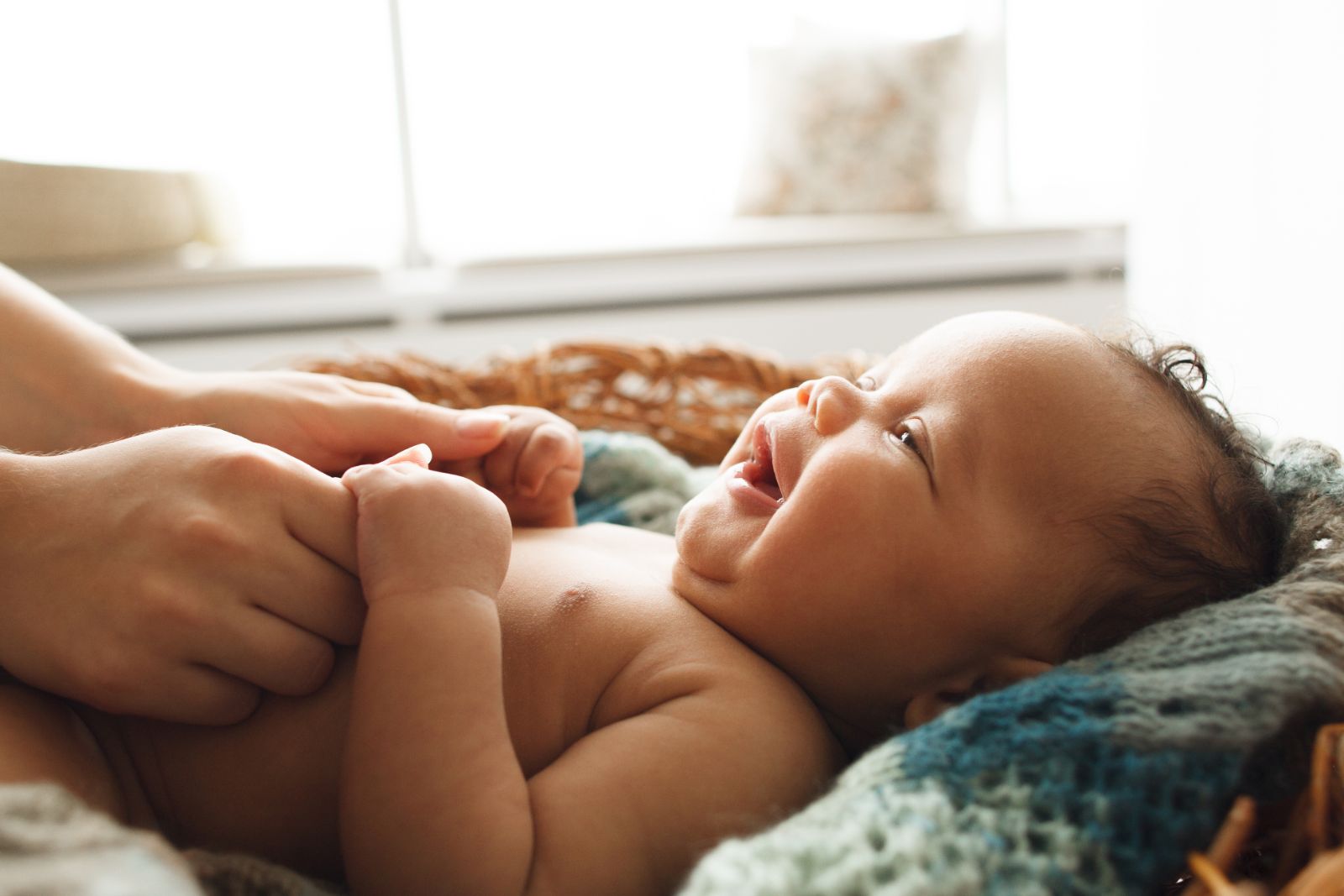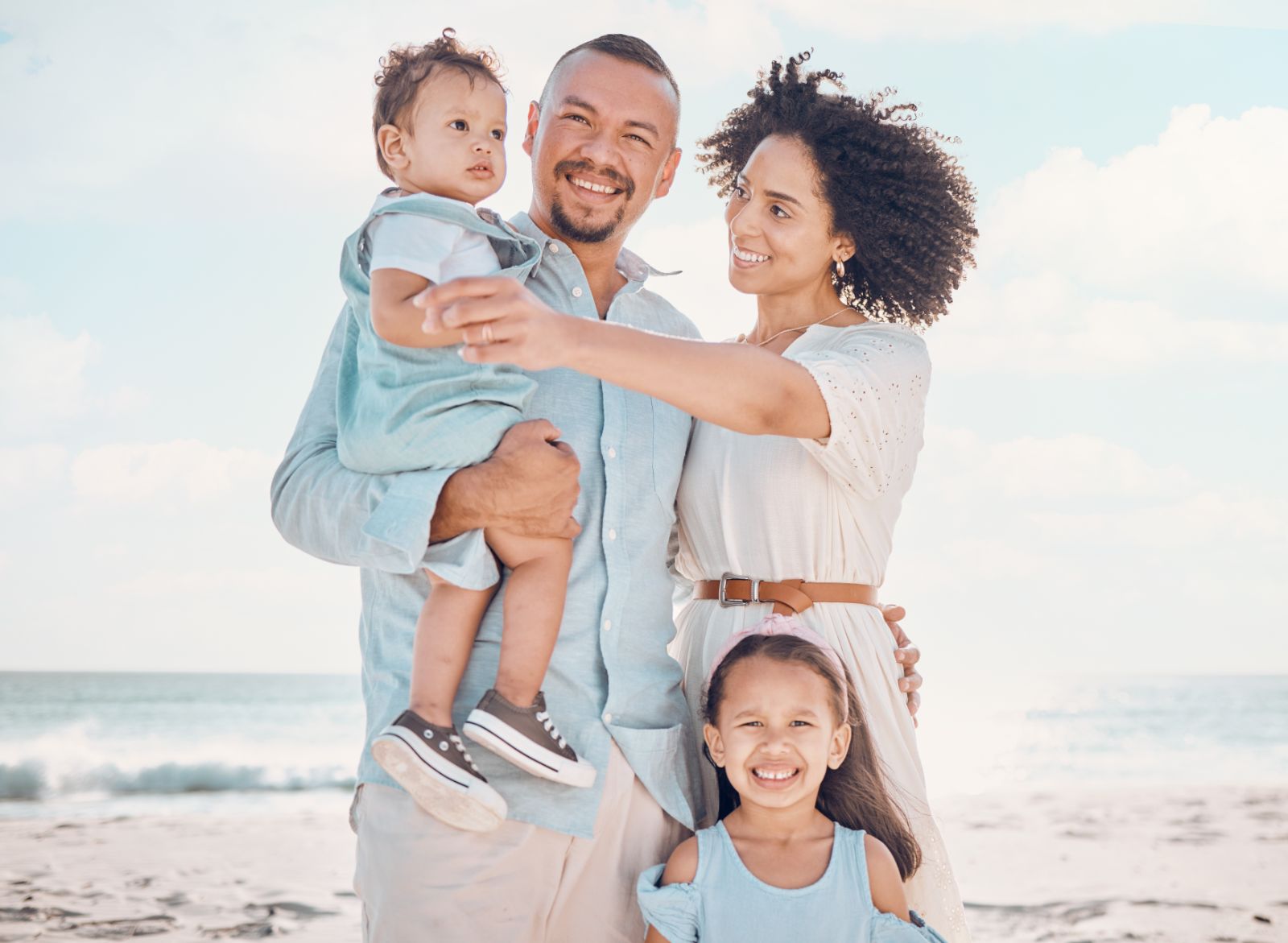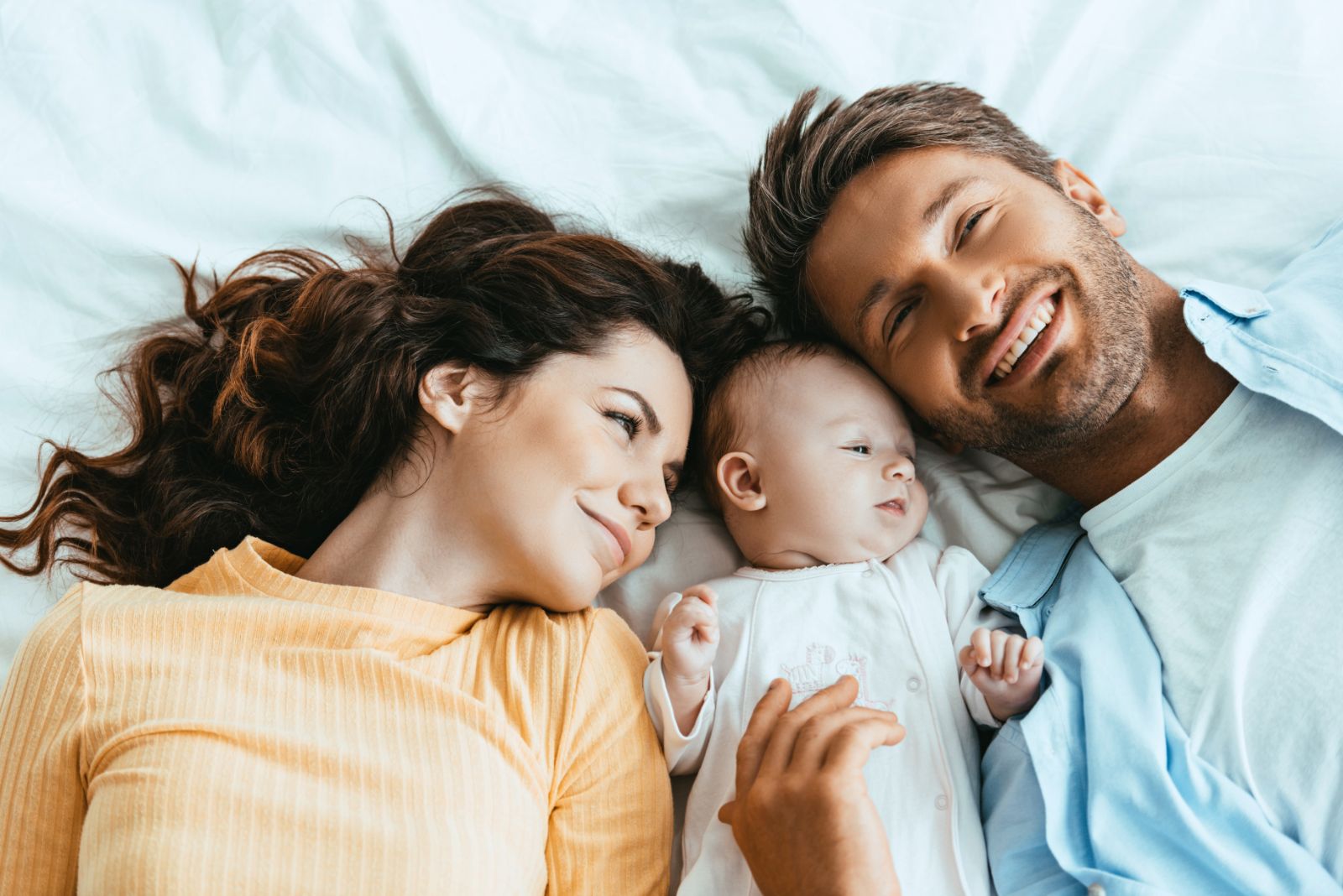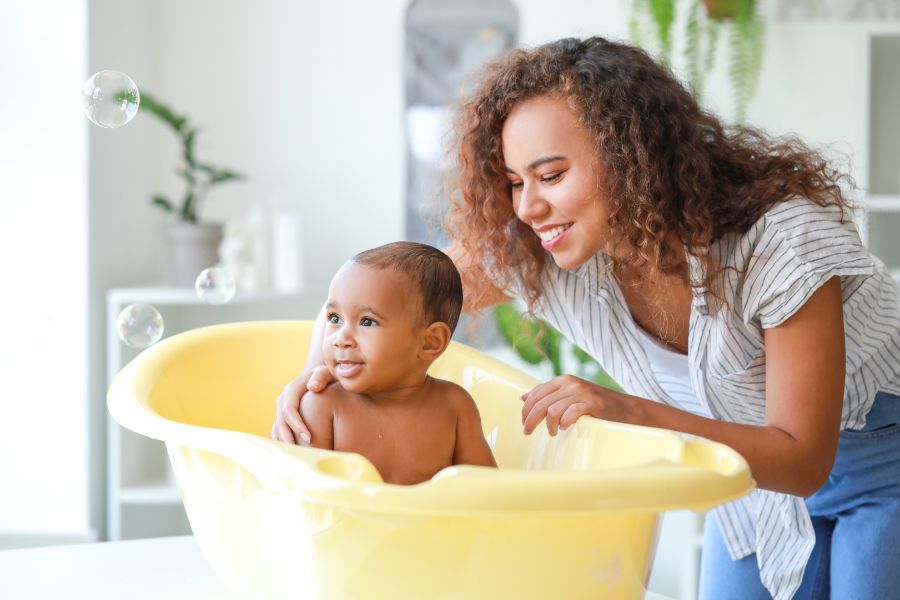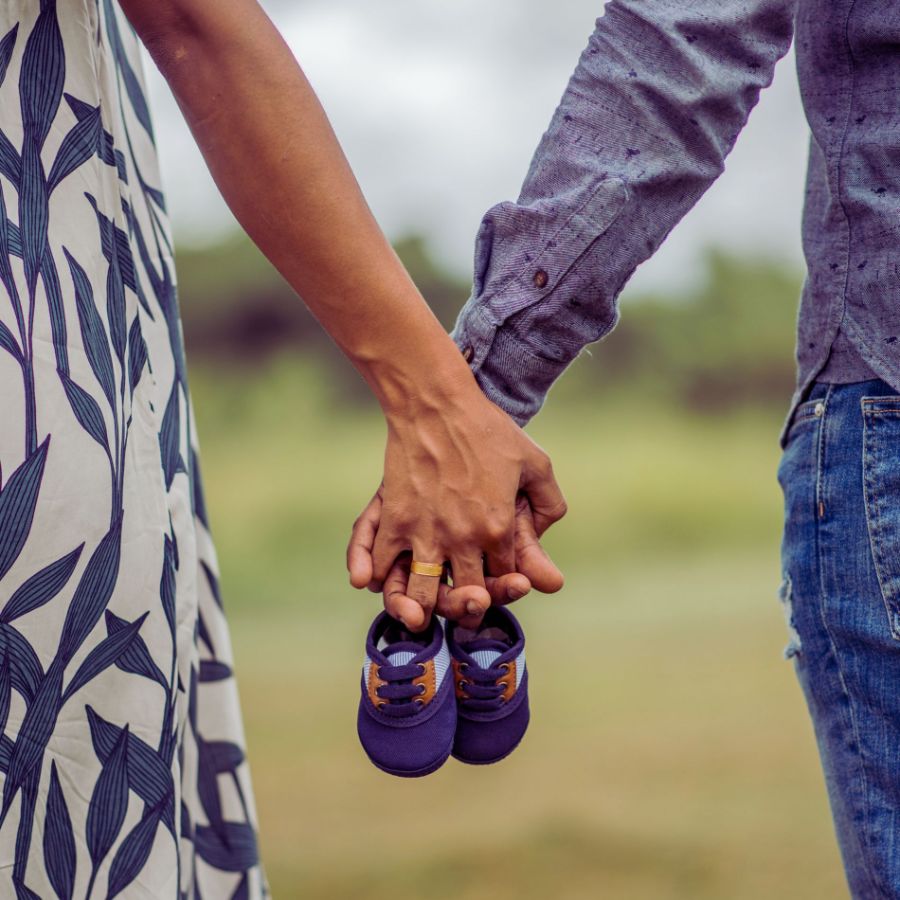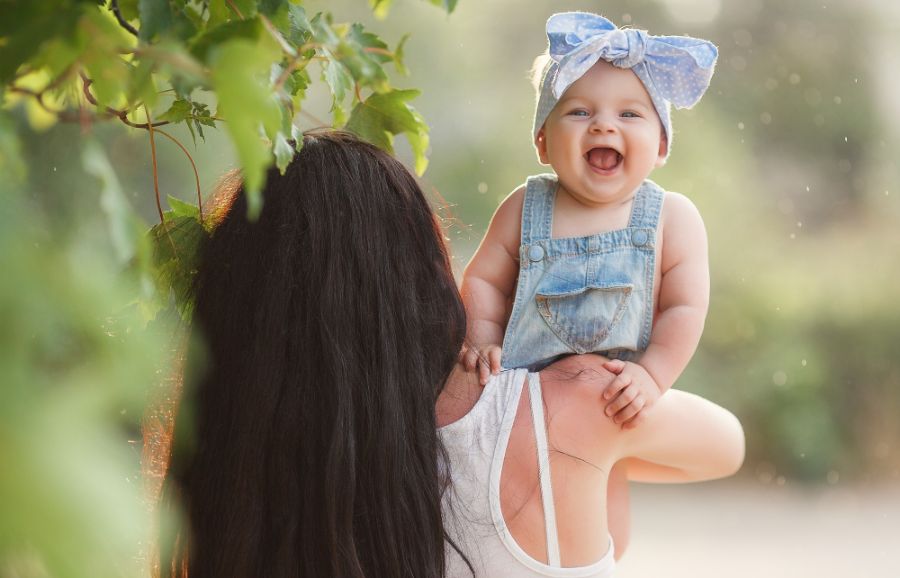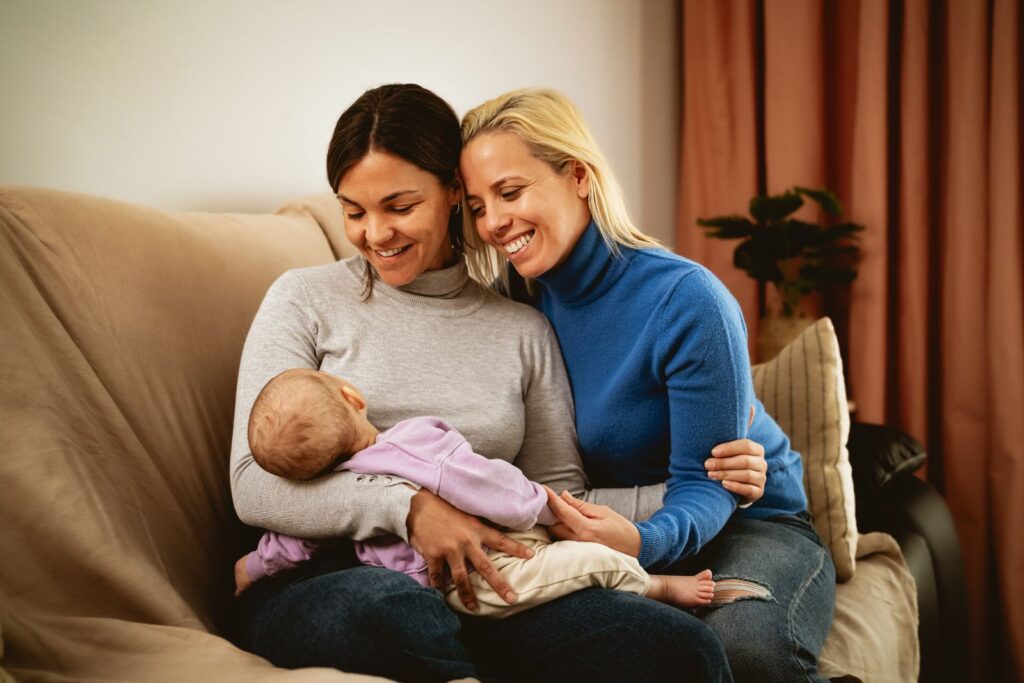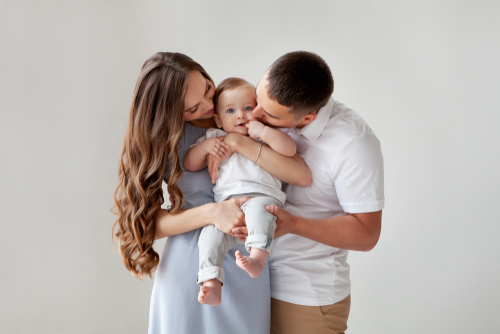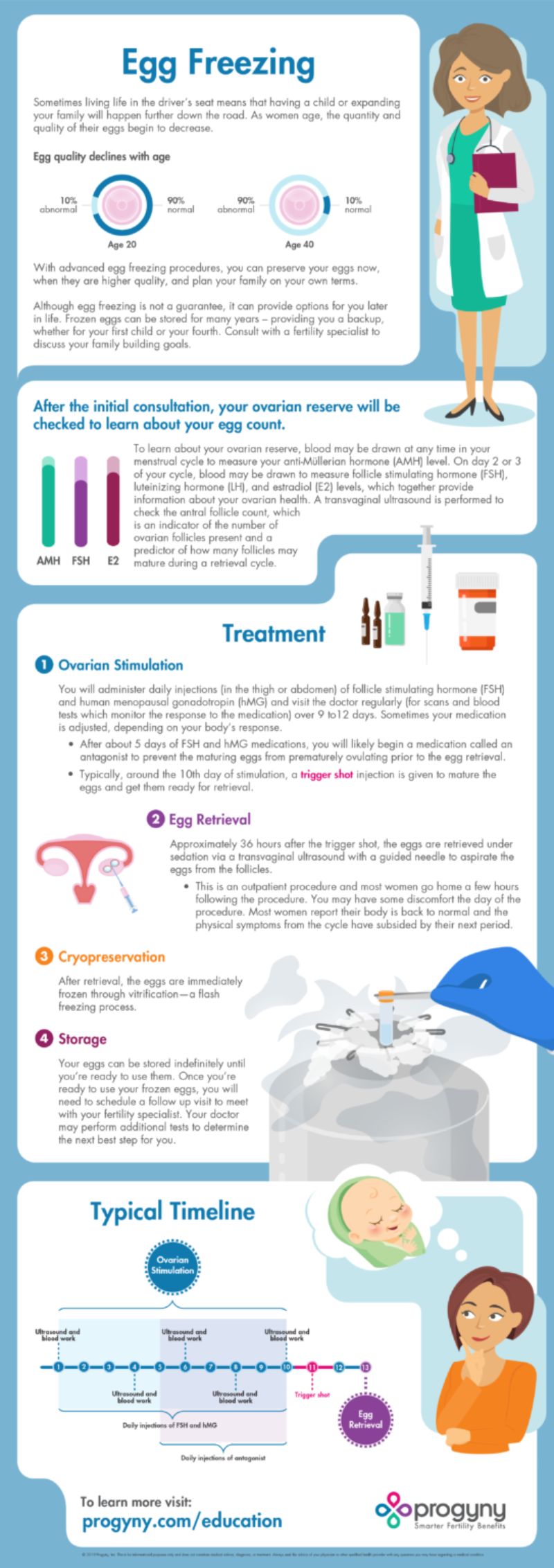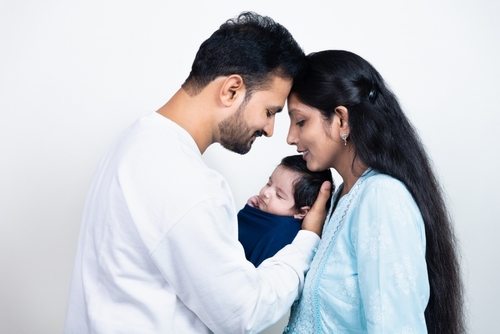Costs of Egg Freezing
| Global Plan Fee | $10,000.00 |
| Cryopreservation | $ 1,500.00 |
| 1st year Storage of Vitrified Eggs | $ 0.00 |
| Total NCFMC Fees | $11,500.00 |
ADDITIONAL FEES (as applicable):
Annual Oocyte Storage for first 9 years: $600.00
Annual Oocyte Storage for 10 or more years: $1,500
IVF -Estimated medications (purchased from pharmacy) per cycle: $3,800 – $5,000
*The above fee schedule does not include the cost of pre-cycle testing, fertility medications, frozen embryo transfers.

MULTICYCLE DISCOUNT
There is a $500 discount for a second Egg Freezing Cycle and a $1,000 discount if a third cycle is necessary.
Patients must complete cycle #1, 2 & 3 within a one year period to meet eligibility requirements for cycle #2 & 3 discounted rates.
*Fees are subject to change without notice. Please be advised fees listed may not reflect current pricing structure. Please contact the NCFMC Financial Department for the most current cost estimates.

All About Egg Freezing
Egg freezing – also called oocyte cryopreservation or egg vitrification – is a proactive method of fertility preservation that has become increasingly popular.
Women who choose fertility preservation undergo the first few steps involved in IVF: ovarian reserve testing (to see whether you have enough eggs), ovarian stimulation using injectable fertility medication and egg retrieval. The eggs are instantly frozen into a glass-like, rather than crystallized, form. These vitrified eggs are stored until you are ready to start your family.
Questions?
If you have questions and/or feel you are a candidate for egg freezing, contact us here at Northern California Fertility Medical Center. (916) 634-0406. We’re happy to speak with you by phone or you can schedule a consultation with one of our renowned fertility specialists.

